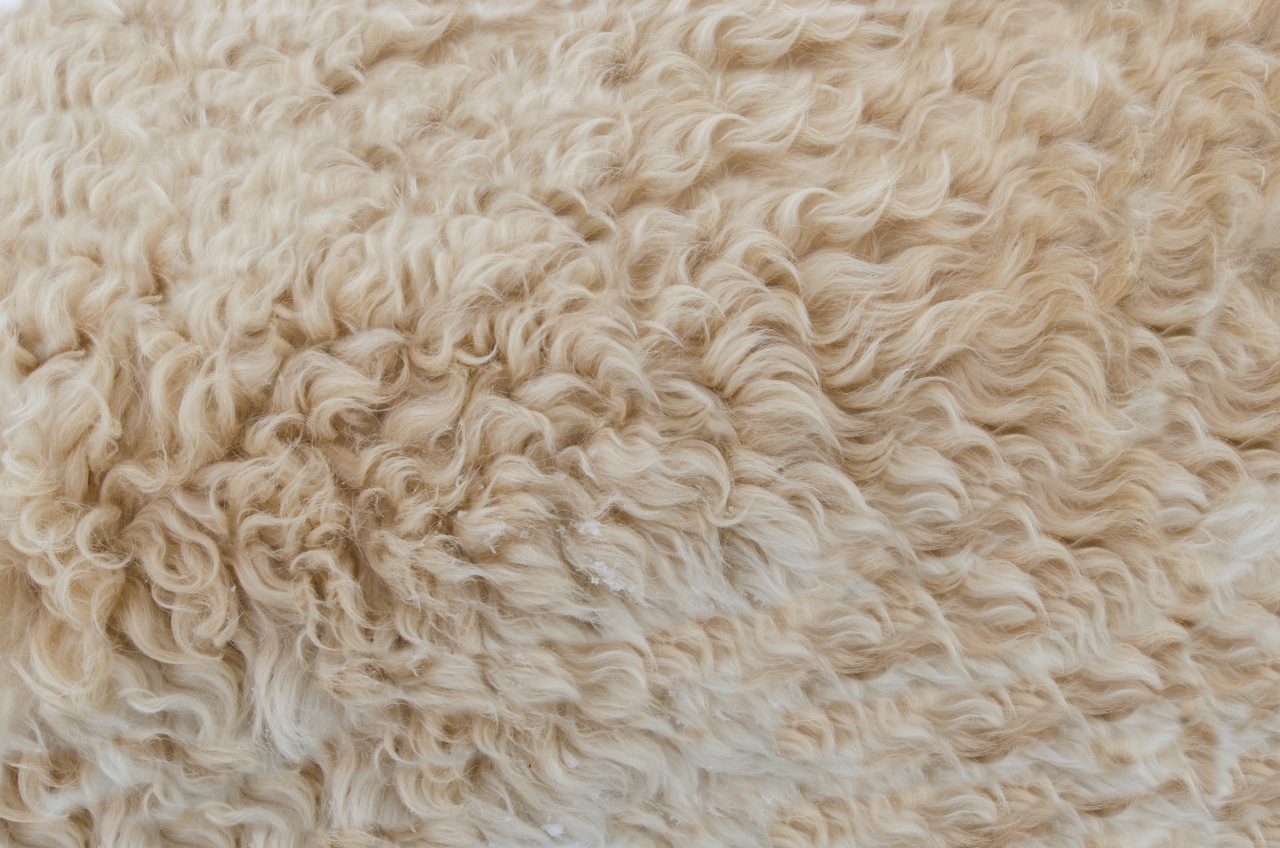Acne and dry skin are two common skin conditions that can cause significant distress and discomfort.
Acne, characterized by the presence of blackheads, whiteheads, and red bumps (pimples), can occur due to various factors such as hormonal changes, bacteria, excess oil production, and clogged pores. On the other hand, dry skin occurs when the skin lacks moisture and becomes rough, itchy, and flaky. Both conditions can affect individuals of any age and can be a result of genetic predisposition, environmental factors, or improper skincare routines.
The Importance of Scientific Techniques
When it comes to addressing acne and dry skin, it is crucial to rely on scientific techniques. Scientific methods allow us to understand the underlying causes of these skin conditions and develop effective solutions based on solid evidence.
By utilizing scientific techniques, we can eliminate subjective methods and focus on targeted treatments that have been proven to work.
H2 Heading: Establishing a Skincare Routine
One of the fundamental ways to combat acne and dry skin is by establishing a suitable skincare routine. This routine should include cleansing, toning, moisturizing, and protecting the skin from harmful UV rays.
Let’s explore the scientific techniques associated with each step:.
Cleansing
Cleansing the skin is essential to remove dirt, oil, and bacteria, which can contribute to acne formation.
Scientifically formulated cleansers that contain gentle surfactants and ingredients like salicylic acid or benzoyl peroxide can effectively cleanse the skin without causing excessive dryness. It is important to avoid harsh soaps and abrasive scrubs, as they can disrupt the skin’s natural barrier.
Toning
Toning helps balance the skin’s pH level and prepares it for subsequent skincare steps. Look for toners that are alcohol-free and contain ingredients like witch hazel or rosewater.
These ingredients have soothing and hydrating properties that can alleviate dryness while reducing acne-related inflammation.
Moisturizing
Moisturizing is vital for both acne-prone and dry skin. For acne, science-backed moisturizers that are non-comedogenic (won’t clog pores) and oil-free are recommended.
These moisturizers contain ingredients such as hyaluronic acid or ceramides, which hydrate the skin without exacerbating breakouts. For dry skin, moisturizers that contain occlusive agents like petrolatum or shea butter can lock in moisture and improve skin barrier function.
Protecting from UV Rays
Exposure to UV rays can worsen acne and dryness. Applying a broad-spectrum sunscreen with an SPF of 30 or higher is essential.
Look for sunscreens that are labeled non-comedogenic and contain ingredients like zinc oxide or titanium dioxide, which provide effective protection without clogging the pores. Sunscreen should be applied generously and reapplied every two hours when outdoors.
Title: Overcoming Acne with Scientific Techniques
Scientific techniques offer several specific methods to combat acne:.
Understanding Hormonal Factors
Hormonal changes can contribute to acne development, making it necessary to understand the underlying hormonal factors. Scientific research has established a correlation between increased androgen hormone levels and acne severity.
Dermatologists can prescribe hormonal treatments or recommend oral contraceptives for managing hormonal acne.
Eliminating Bacteria
Bacteria, specifically Propionibacterium acnes, play a significant role in acne formation. Scientifically proven antibacterial ingredients like benzoyl peroxide or topical antibiotics such as clindamycin can effectively eliminate acne-causing bacteria.
However, these treatments should be used with caution and under guidance to prevent skin irritation or antibiotic resistance.
Controlling Sebum Production
Excess sebum (oil) production can contribute to clogged pores and acne. Scientifically formulated topical retinoids, such as tretinoin or adapalene, help regulate sebum production, reduce inflammation, and promote skin cell turnover.
These treatments require patience as they may initially cause skin dryness or peeling.
Benefiting from Professional Treatments
In more severe cases of acne, professional treatments like chemical peels, microdermabrasion, or laser therapy can provide effective and scientifically backed solutions.
These treatments aim to exfoliate the skin, reduce acne scars, and promote skin rejuvenation. Seeking assistance from a dermatologist or licensed aesthetician is crucial to determine the most suitable professional treatment option.
Title: Combatting Dry Skin with Scientific Techniques
Dry skin can be tackled using the following scientifically proven techniques:.
Maintaining Optimal Hydration
Hydrating the skin from within is as important as topical moisturization. Consuming an adequate amount of water and incorporating hydration-rich foods like fruits and vegetables into the diet can improve overall skin health and combat dryness.
Using Humectants and Emollients
Scientifically formulated moisturizers that contain humectants like glycerin or hyaluronic acid attract and retain moisture, increasing skin hydration.
Emollients like ceramides or shea butter create a protective barrier, reducing water loss from the skin. Combining both humectants and emollients in your moisturizer can maximize the hydration benefits.
Avoiding Harsh Ingredients
Harsh ingredients, such as sulfates or alcohol, can strip the skin of its natural oils, exacerbating dryness. Opt for gentle, fragrance-free, and scientifically proven skincare products.
Avoiding hot showers and opting for lukewarm water helps prevent further skin dehydration.
Supplementing with Essential Fatty Acids
Essential fatty acids like omega-3 and omega-6 play a crucial role in maintaining skin barrier function and reducing dryness.
Scientific research suggests that consuming foods rich in these fatty acids or taking supplements may improve skin hydration and alleviate dry skin symptoms.
Seeking Professional Advice
If dry skin persists despite following a proper skincare routine, seeking advice from a dermatologist is recommended.
They can assess your skin condition, identify underlying causes such as eczema or psoriasis, and prescribe suitable treatments or medications to manage dryness effectively.




























